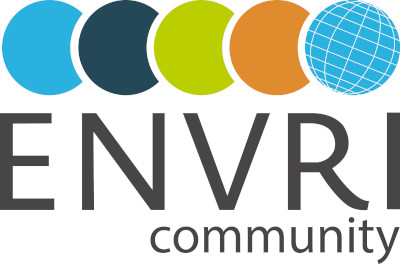RDA EU – ENVRI Summer School on Data Management and Data Science 12 – 16 June 2017 in Helsinki/Espoo, Finland
Data Science is a new methodology to better understand the complexity of environmental, living and societal systems and to exploit the huge amount of data being generated for scientific and business interests. Professional Data Science requires a deep understanding in techniques for efficient Data Management. It is not surprising that scientific labs and also industry are desperately looking for well-trained Data Scientists (DS) and Data Managers (DM). Yet there is no clear distinction in the job profiles and it makes sense to be trained in both sides of the same coin. While DS are more focusing on the analytics aspects, DM are focusing on aspects of how to organise, store, describe, and access data. Summer Schools are currently seen as one of the most effective way to train a new generation of data professionals ready to meet the challenges of DS and DM.
Therefore, ENVRI Plus cluster project active in the environmental science and the Research Data Alliance (RDA EU) globally active in defining social and technical recommendations joined forces to organise this summer school supported by a number of institutions and initiatives. The main goals of this course are to
- Learn what is the state-of-art on FAIR compliant professional data management
- Experience and practice with the latest software to manage and analyse data
Most of the time will be reserved for practical hands-on sessions. After the Summer School, participants will be able to successfully deal with a wide range of Data Science related activities. Throughout the course we will use environmental data, but the applied methods are widely independent of the nature of the data.
The course is primarily meant for master students, PhD students or post docs from the environmental sciences. However, we would also accept interested students from other scientific disciplines and experts from start-ups. We expect knowledge about programming since we will use scripting languages such as Python or PHP and basic knowledge about data.
The course is limited to 25 participants. For the practical sessions groups of 4 to 5 participants will be built and we expect to have at least one expert in scripting in each group.


